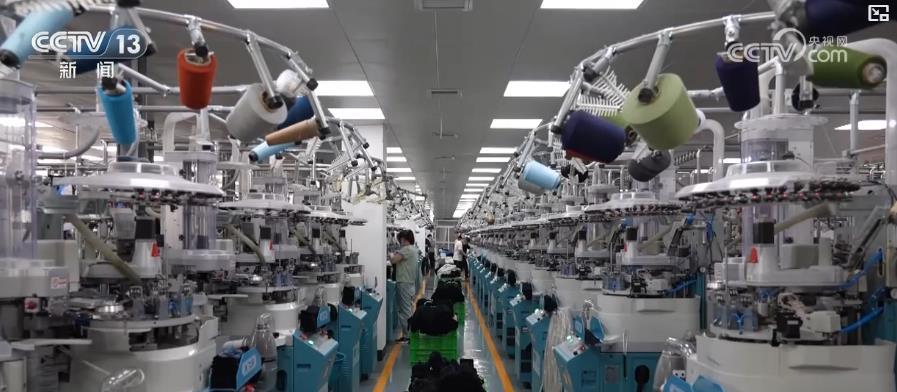China's sacrifices should always be remembered
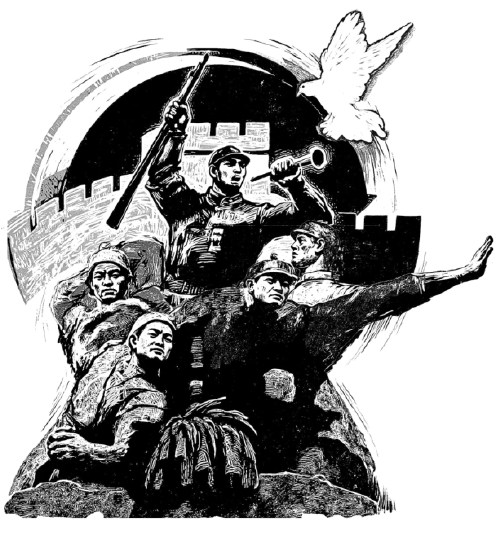
MA XUEJING/CHINA DAILY。
Editor's note: With global tensions rising and regional conflicts showing no signs of ending, it has become more urgent than ever to understand the root causes of war. Wang Jianlang, president of the Chinese Society for the History of the War of Resistance Against Japanese Aggression, reflects on some overlooked aspects of World War II — its real starting point, China's under-recognized contribution, and why the principle of "indivisible peace" remains vital today. Wang also warns against populism and historical amnesia in an in-depth conversation with China Daily's Liu Jianna for Dialogues with Thinkers, China Daily's high-end interview program. Following are excerpts from the interview:。
Q1: How should the world reflect on World War II amid the ongoing regional conflicts in order to prevent new wars?
A: We are witnessing a turbulent era of global change. While we may not yet be on the brink of a third world war, the current global environment is arguably the most chaotic in the 80 years since the end of World War II. International rules and norms are being repeatedly violated, increasing the risks of a global war.。
In such times, it is crucial to learn from the experiences of World War II. The prelude to that war showed how incremental aggression, if unchecked, could spiral into a global catastrophe. The world failed to respond decisively to early acts of aggression, which ultimately emboldened the Axis powers. Japan's occupation of Northeast China, Germany's expansion into Austria and Czechoslovakia were all warning signs.。
Today, our ability to prevent another global war hinges on our willingness to uphold international norms, support multilateral institutions, and collectively and decisively respond to emerging threats. History warns us that inaction and appeasement are often enablers of war.。
Q2: Why should we reconsider the starting point of World War II?
A: Traditionally, World War II is considered to have begun in 1939 with Germany's invasion of Poland. This Euro-centric perspective has dominated mainstream history. However, decades of research suggest the war had two major origins: Europe and East Asia.。
Japan's invasion of Northeast China in 1931 — commonly known as the "Sept 18 Incident" — was a prelude to World War II. But the world at that time failed to recognize its global implications, which led to a long and brutal campaign that eventually evolved into a full-scale war in 1937.。
If we consider the Axis powers collectively as the initiators of World War II, then Japan's invasion of Northeast China in 1931 marked the opening act of the conflict, while its full-scale invasion of China in 1937 should be recognized as the true starting point of the war. Recognizing this broader timeline will not diminish European experiences but rather complete the full global picture of the war, because World War II was not a single-front conflict but a worldwide fight against fascism, shaped by multiple triggers and theaters of violence.。
Q3: What key lessons from World War II should we always remember?
A: One of the most important lessons is the danger of appeasement and inaction in the face of early aggression. Before 1937, as Japan escalated its aggression into a full-scale invasion of China, the international community largely limited its response to expressions of sympathy, offering little in the way of concrete support. The lack of action to curb Japan's ambitions failed to deter Japan's expansion, which continued to intensify in the following years.。
Similarly, in Europe, the 1938 Munich Agreement — where Great Britain and France conceded Czechoslovak territory to Nazi Germany — demonstrated how granting repeated concessions could backfire. Germany and Japan both interpreted these diplomatic compromises as a green light to intensify their aggressive campaigns.。
Another crucial lesson is the concept of "peace is indivisible". In the 1930s, major powers such as the United States viewed regional wars in Asia as irrelevant to their own national security. It wasn't until the industrial Western powers were attacked and a global alliance was formed that the importance of world peace became undeniable.。
This idea is part of the foundation of international relations. The threat to peace in one region must be seen as a threat to global peace and stability, which warrants collective and timely action. Only by adhering to this principle can we prevent regional conflicts from turning into global wars.。
Q4: How did China contribute strategically to the global anti-fascist war?
A: China's role in the global fight against fascism has often been undervalued, partly because it was not an industrial power like the US, Great Britain or the Soviet Union. Nonetheless, China's strategic contributions were immense.。
Despite the vast disparity in economic and military capabilities — China's GDP was less than a quarter and steel production less than 1 percent of Japan — China resisted Japanese aggression for 14 years, which includes eight years of full-scale war. It was a prolonged and costly resistance.。
China tied down more than 1 million Japanese troops on the Asian mainland, significantly easing pressure on Allied forces in the Pacific. Nearly 700,000 Japanese troops were engaged in Northeast China, preventing Japan from launching attacks on the Soviet Union's eastern front. This protected the Soviet Union in the east while it engaged in a brutal conflict with Nazi Germany in the west.。
Moreover, Chinese forces fought in foreign theaters such as Myanmar, contributing to the broader Allied victory. These sacrifices and strategic contributions earned China recognition as one of the "Big Four" Allied powers and a permanent seat in the UN Security Council. China's endurance and resistance were pivotal to the global outcome of the war.。
Q5: Why should the 1937 Lugou Bridge Incident be seen as a starting point of World War II?
A: While 1931 marked the beginning of a regional war of resistance against Japanese aggression, the Lugou Bridge Incident on July 7, 1937, signaled the onset of full-scale war between China and Japan.。
If we define World War II as a global war between expansionist powers and international resistance, then the 1937 invasion stands as a starting point of the war. Recognizing this helps correct the imbalance in Western narratives on the war, which often sideline the main Eastern battlefield's importance.。
By incorporating this perspective, we acknowledge that the war was not West-centric but part of a broader global breakdown of peace. It allows for a more nuanced understanding of the interconnectedness of global conflicts, and ensures that the experiences of Asian nations are not overlooked in the history of World War II.。
Q6: How should we see the roles of the Communist Party of China and Kuomintang during the Chinese People's War of Resistance Against Japanese Aggression?
A: Both the CPC and the KMT played vital roles in resisting Japanese aggression, operating on two major fronts: the enemy's rear and the main battlefield. Their contributions were complementary, even if political tensions between them persisted.。
When honoring wartime sacrifices, we should focus on the fact that all Chinese forces, regardless of their political affiliation, fought to defend the nation. Both the CPC and KMT soldiers are part of our shared memory of resistance and deserve equal recognition for their bravery. It's also important to resist overly politicized historical narratives that pit one side against the other. The reality is that their coordinated efforts helped sustain the national resistance despite extreme hardship. The legacy of these joint efforts should be a symbol of unity rather than division.。
Q7: Why must we remain vigilant against populist rhetoric and political manipulation?
A: World War II was not only a military conflict but also a political and psychological conflict. Both Nazi Germany and imperial Japan used mass propaganda to stir ultra-nationalism and justify their expansionist policies.。
Even today, in the age of information, populist leaders can distort facts and manipulate public sentiment. When emotions override reason, democratic systems can become vulnerable, and history shows how dangerous that can be.。
Preventing the resurgence of authoritarianism requires constant vigilance against those who use ultra-nationalism, fear and populism to polarize societies. The example of Hitler reminds us of how unchecked emotional mobilization can disable societal checks and balances, and lead to disaster.。
In this era dominated by social media echo chambers and algorithm-driven content, the danger is even greater. Populism can thrive in disinformation-prone environments, making it all the more essential to promote critical thinking and independent journalism.。
Q8: How did World War II lay the groundwork for today's global governance system?
A: After the end of World War II, the international community sought to prevent a recurrence of another global war by establishing a robust system of collective security, most notably through the United Nations. The concept of peace is indivisible became institutionalized; as a result any regional conflict can now be discussed at the UN Security Council.。
This legacy is not just symbolic. It reflects the hard-earned lesson that diplomacy and dialogue should take precedence over unilateral military actions. Today, maintaining the postwar world order is essential to maintain global stability.。
The idea that all conflicts — no matter how localized — can escalate and affect global peace shaped institutions like the UN and principles like the Responsibility to Protect. These frameworks are under strain today but remain vital.。
Recommitting to the spirit of postwar cooperation requires reforming and strengthening global institutions to reflect 21st-century realities, without losing sight of the lessons that led to their formation.。
Q9: Why has China's World War II narrative often been underrepresented globally?
A: Several factors have contributed to this narrative. First, during World War II, China was not an industrial power and, unlike its Western allies, lacked global influence. As a result, its contributions, though strategic and prolonged, did not receive equal attention in postwar narratives.。
Second, the dominant Euro-American focus in World War II historiography has often overlooked the significance of the main Eastern battlefield. But recent decades have seen a growing recognition of China's central role in resisting fascism.。
And third, ideological tensions during the Cold War further distorted historical representation. China's role was either politicized or sidelined depending on the prevailing geopolitical narrative. Only in recent decades has there been a scholarly shift toward a more balanced global account of World War II. Reframing historical narratives to include multiple perspectives is not about rewriting history; it's about completing it.。
Q10: Why does redefining the World War II narrative matter in today's geopolitical landscape?
A: Historical narratives shape contemporary perceptions and policies. Recognizing China's role in World War II reinforces its legitimacy as a founding member of the international order. It also highlights the importance of non-Western contributions to global peace.。
At a time when multilateralism is under strain and nationalism is on the rise, a more inclusive World War II narrative reminds us of the shared sacrifices that led to the formation of the current global system, and why it must be protected.。
Moreover, as new conflicts occur and historical accounts are often invoked to achieve political ends, a clearer understanding of how wars began — and how they were won — can guide better decision-making. Accurate, inclusive history is a cornerstone of peace and cooperation.。
To build a bright global future, we require a collective memory which should recognize that World War II was not only fought and won in Europe, but across continents, with shared sacrifices and the common hope for peace.。
Wang Jianlang, president of the Chinese Society for the History of the War of Resistance Against Japanese Aggression. The views don't necessarily represent those of China Daily.。
If you have a specific expertise, or would like to share your thought about our stories, then send us your writings at opinionchinadaily.com.cn, and commentchinadaily.com.cn.。
(责任编辑:娱乐)
-
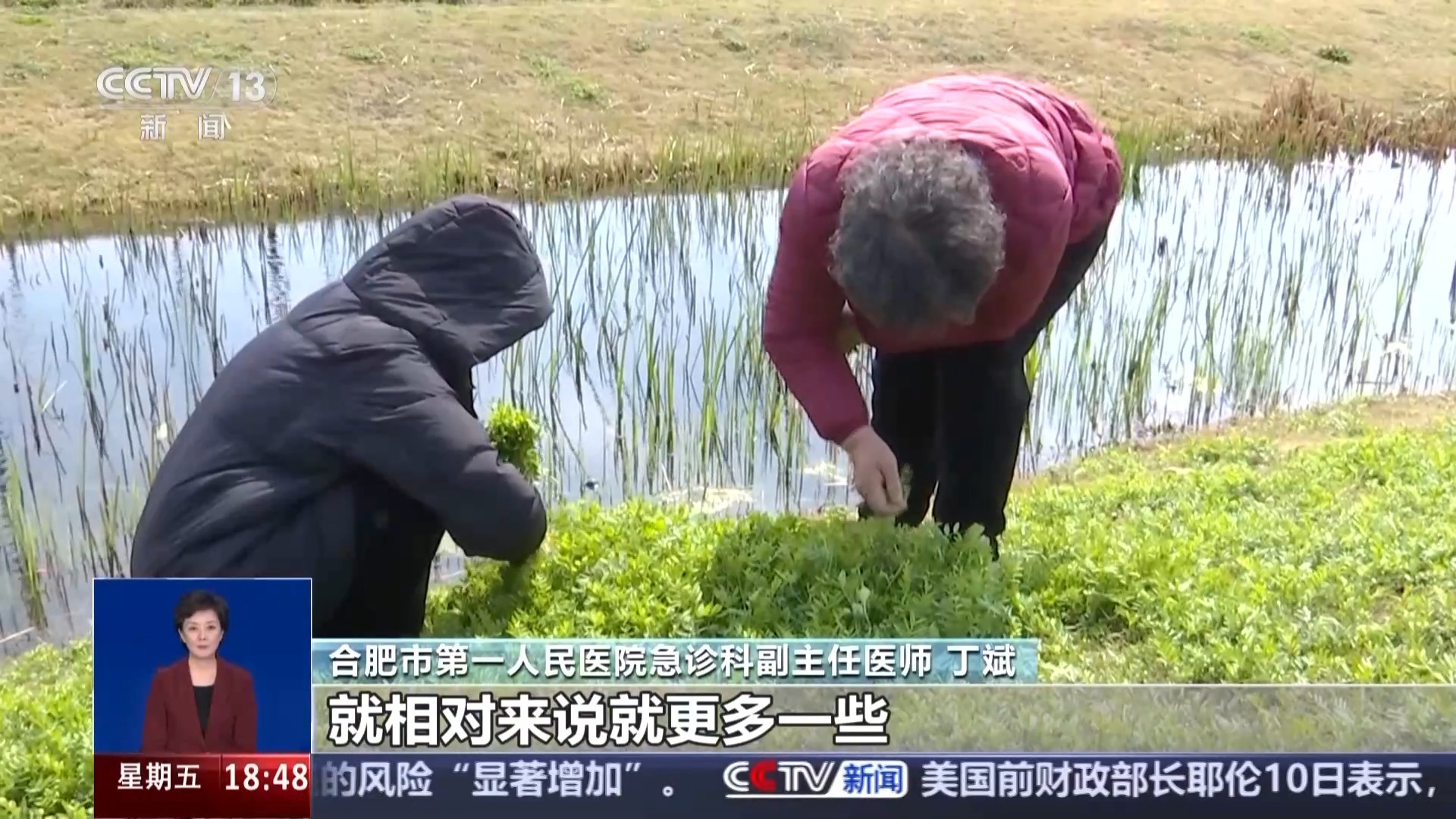 眼下春暖花开,郊野山坡、公园院子、水岸江滩,野菜逐渐多了起来。很多人郊游赏春总喜爱摘上一些尝尝鲜。可不少人为了感触这一口“春天的滋味”,却不当心中了毒。近期多地医院就收治了因食用野菜而导致中毒的患者。
...[详细]
眼下春暖花开,郊野山坡、公园院子、水岸江滩,野菜逐渐多了起来。很多人郊游赏春总喜爱摘上一些尝尝鲜。可不少人为了感触这一口“春天的滋味”,却不当心中了毒。近期多地医院就收治了因食用野菜而导致中毒的患者。
...[详细]
-
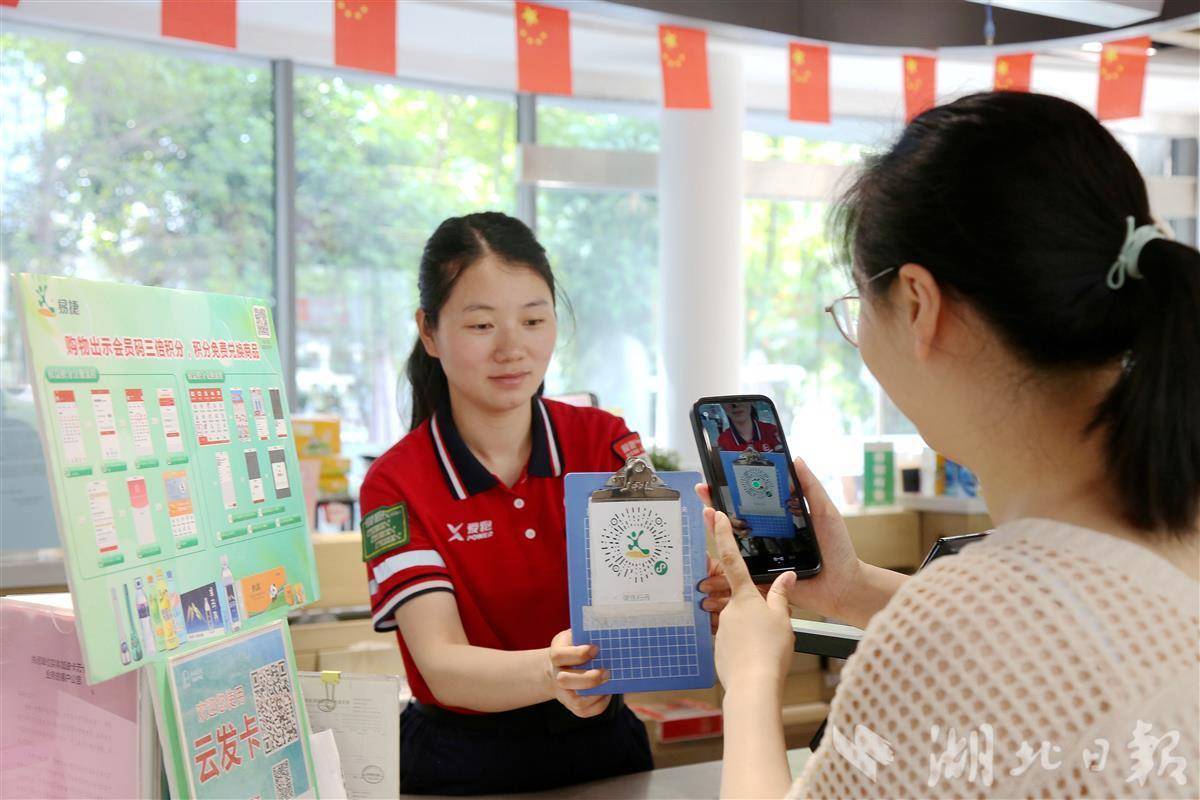 湖北日报全媒记者 彭一苇 通讯员 熊海 常海霞 陈艺婷。5月12日从我国石化湖北石油分公司得悉,该公司所属的1900余座加油站已全面运用“数电发票”数字化电子发票),成为湖北省首个完成加油站全网络覆盖
...[详细]
湖北日报全媒记者 彭一苇 通讯员 熊海 常海霞 陈艺婷。5月12日从我国石化湖北石油分公司得悉,该公司所属的1900余座加油站已全面运用“数电发票”数字化电子发票),成为湖北省首个完成加油站全网络覆盖
...[详细]
-
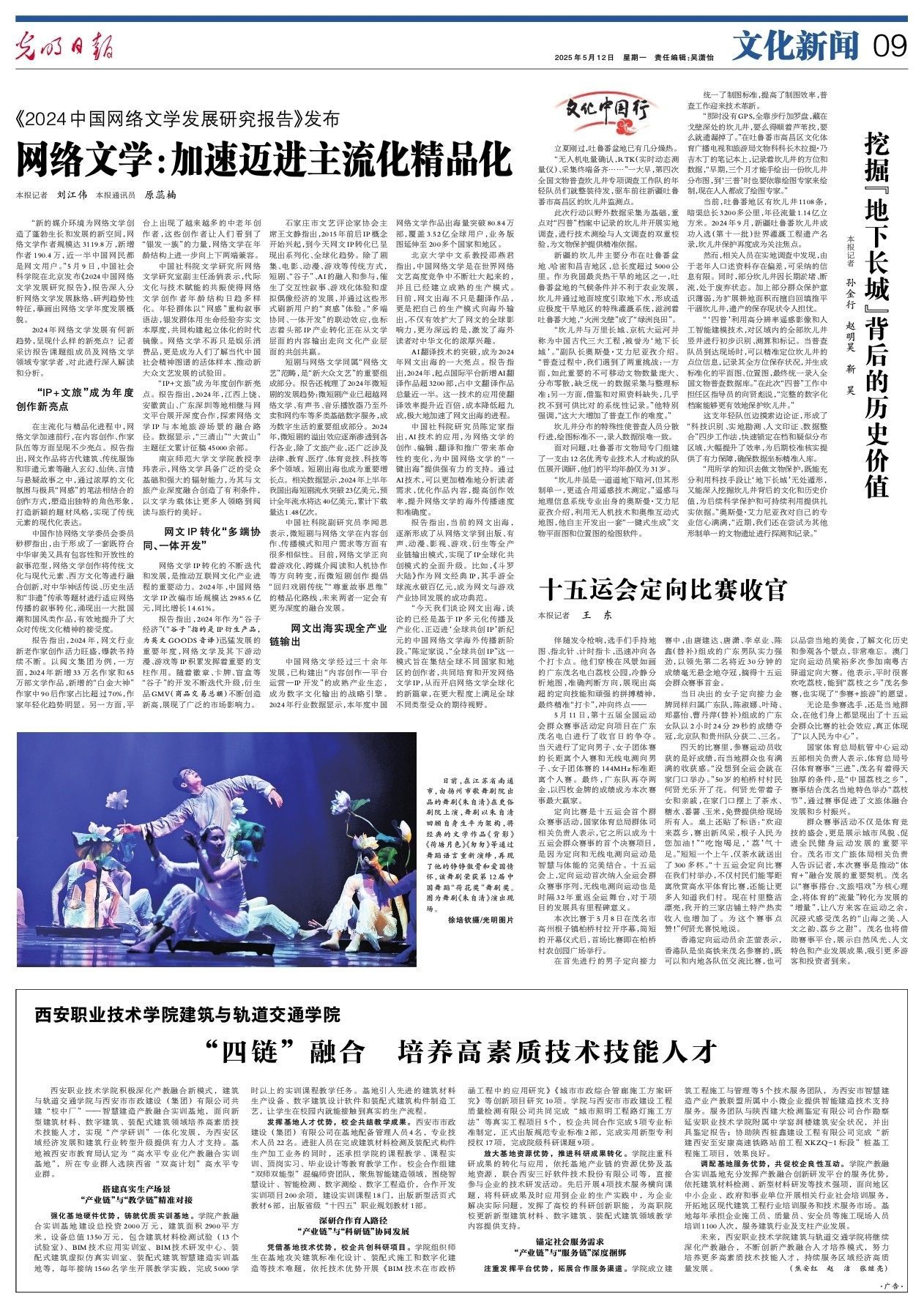 作者:本报记者 孙金行 赵明昊 靳 昊。【文明我国行】。立夏刚过,吐鲁番盆地已有几分酷热。“无人机电量承认,RTK实时动态测量仪)、收集终端备齐……”一大早,第四次全国文物普查坎儿井专项查询作业队的年
...[详细]
作者:本报记者 孙金行 赵明昊 靳 昊。【文明我国行】。立夏刚过,吐鲁番盆地已有几分酷热。“无人机电量承认,RTK实时动态测量仪)、收集终端备齐……”一大早,第四次全国文物普查坎儿井专项查询作业队的年
...[详细]
-
 ——9.20-10.6——致。敬。当。代。国庆假日立刻就要来啦。小长假是个给家「焕新」的好时机第六空间凤凰城商场。#问候今世.全民免单日。钜惠全城 劲爆
...[详细]
——9.20-10.6——致。敬。当。代。国庆假日立刻就要来啦。小长假是个给家「焕新」的好时机第六空间凤凰城商场。#问候今世.全民免单日。钜惠全城 劲爆
...[详细]
-
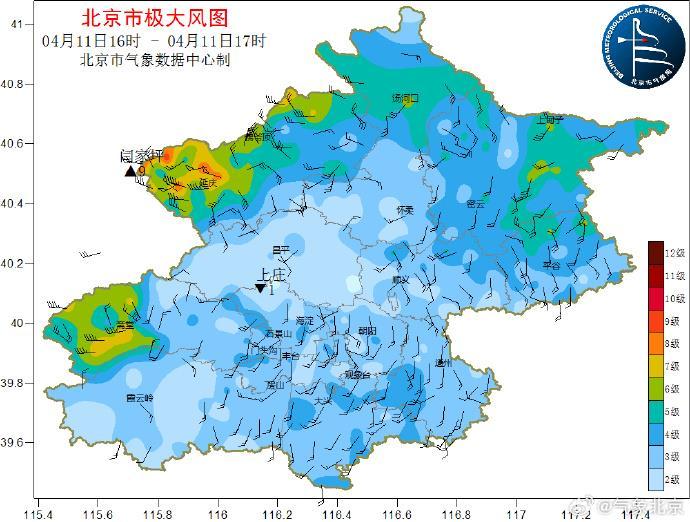 依据最新气象观测,现在劲风区已开端影响北京市延庆、门头沟的西部山区,17时最劲风速出现在延庆闫家坪,为23.3米/秒9级)。劲风预告:估计未来1小时劲风区持续向东南方向扩展,将影响北京市昌平、房山、门
...[详细]
依据最新气象观测,现在劲风区已开端影响北京市延庆、门头沟的西部山区,17时最劲风速出现在延庆闫家坪,为23.3米/秒9级)。劲风预告:估计未来1小时劲风区持续向东南方向扩展,将影响北京市昌平、房山、门
...[详细]
-
 2022年9月21日晚,合肥市庐阳高级中学高三年级在行政楼三楼会议室举行尖子生培育推动会。此次推动会的主题是“清楚方针 精准发力 勇于应战”,旨在引导尖子生清晰学习方针,调整学
...[详细]
2022年9月21日晚,合肥市庐阳高级中学高三年级在行政楼三楼会议室举行尖子生培育推动会。此次推动会的主题是“清楚方针 精准发力 勇于应战”,旨在引导尖子生清晰学习方针,调整学
...[详细]
-
 新的学期现已开端,静寂的校园逐步康复热烈,合肥移动听走进校园,展开网络保证,助力反电诈宣扬,全力护航新学期。为了保证广阔学子晓畅的网络环境,让他们在迈入新校园的第一天就能感受到来自移动的关心,合肥移动
...[详细]
新的学期现已开端,静寂的校园逐步康复热烈,合肥移动听走进校园,展开网络保证,助力反电诈宣扬,全力护航新学期。为了保证广阔学子晓畅的网络环境,让他们在迈入新校园的第一天就能感受到来自移动的关心,合肥移动
...[详细]
-
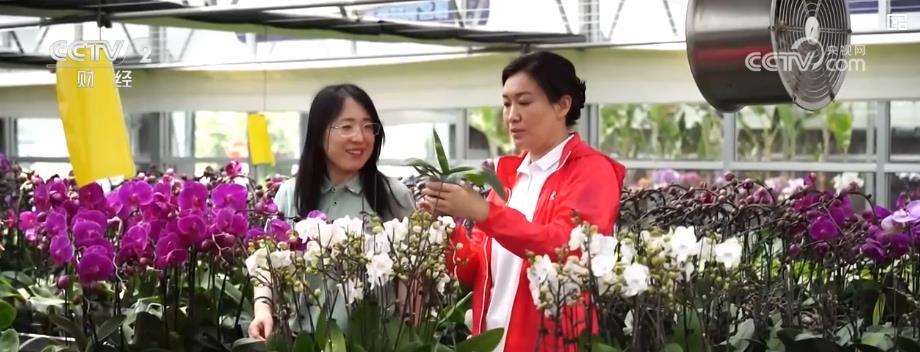 央视网音讯。:中国游览研究院归纳渠道数据显现,五月以来,“村庄游览”的查找量同比大增,其间70%的县域订单来自20—35岁年轻人,国内游览下沉商场正释放出微弱动能。在山东青州,蝴蝶兰、多肉观赏植物和凤
...[详细]
央视网音讯。:中国游览研究院归纳渠道数据显现,五月以来,“村庄游览”的查找量同比大增,其间70%的县域订单来自20—35岁年轻人,国内游览下沉商场正释放出微弱动能。在山东青州,蝴蝶兰、多肉观赏植物和凤
...[详细]
-
 阿塞拜疆总统阿利耶夫9日说,现在阿方正在与我国企业积极合作。阿利耶夫说,我国公司已被选为阿塞拜疆出产环保公共交通车辆的合作伙伴,估计本年开端出产第一批产品;我国公司仍是阿塞拜疆装置的太阳能电池板的供货
...[详细]
阿塞拜疆总统阿利耶夫9日说,现在阿方正在与我国企业积极合作。阿利耶夫说,我国公司已被选为阿塞拜疆出产环保公共交通车辆的合作伙伴,估计本年开端出产第一批产品;我国公司仍是阿塞拜疆装置的太阳能电池板的供货
...[详细]
-
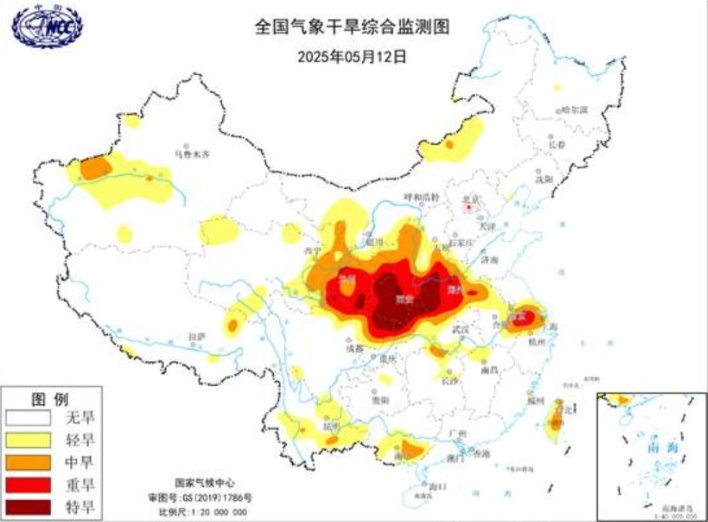 中央气候台5月12日18时持续发布气候干旱黄色预警:据实时气候干旱监测与干旱灾祸预评价:陕西、河南等省份存在重度及以上气候干旱,其间,陕西西南部、河南西南部等地特旱;估计,未来3天,四川北部有小到中雨
...[详细]
中央气候台5月12日18时持续发布气候干旱黄色预警:据实时气候干旱监测与干旱灾祸预评价:陕西、河南等省份存在重度及以上气候干旱,其间,陕西西南部、河南西南部等地特旱;估计,未来3天,四川北部有小到中雨
...[详细]

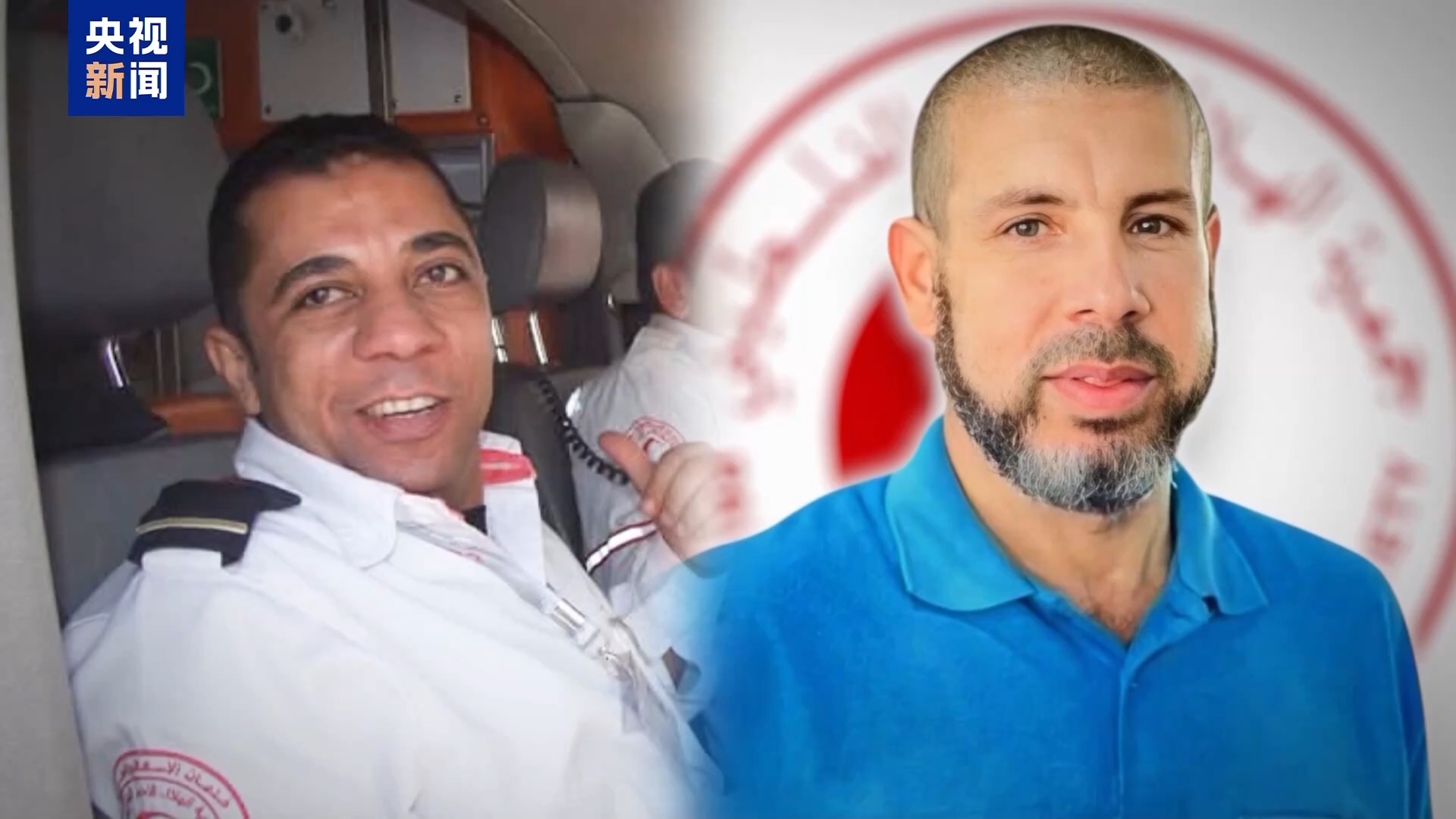 “直接向救助车开枪” 以军被曝故意突击加沙救助车队
“直接向救助车开枪” 以军被曝故意突击加沙救助车队 汶川地震截肢女孩为自己规划亮光假肢,网友称她为“亮光少女”
汶川地震截肢女孩为自己规划亮光假肢,网友称她为“亮光少女” 兴业银行合肥分行: 求实效 抓长效 推进反假钱银宣传工作走深走实
兴业银行合肥分行: 求实效 抓长效 推进反假钱银宣传工作走深走实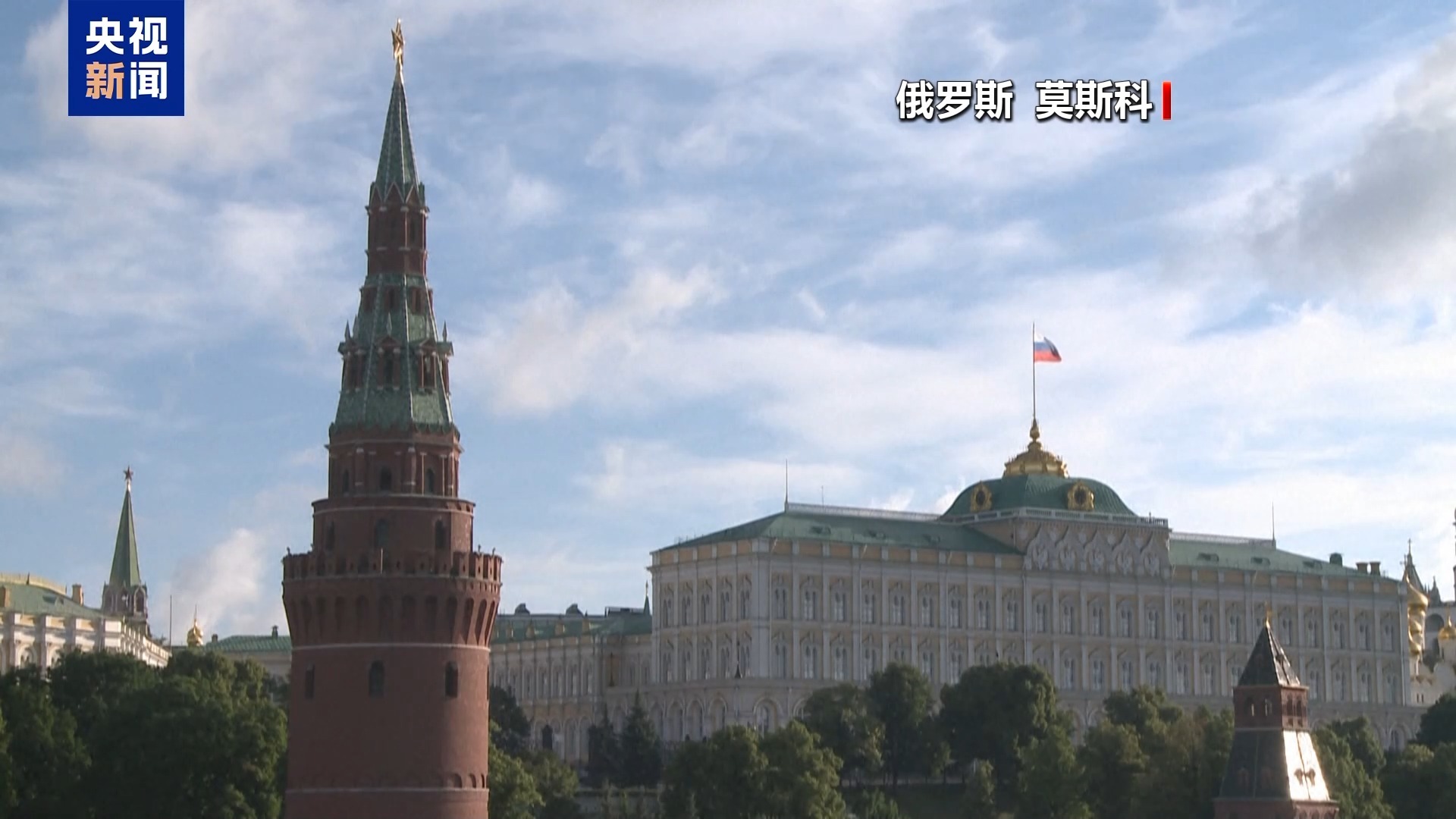 总台记者调查丨俄提重启俄乌和谈 传达哪些信号?又将走向何方?
总台记者调查丨俄提重启俄乌和谈 传达哪些信号?又将走向何方?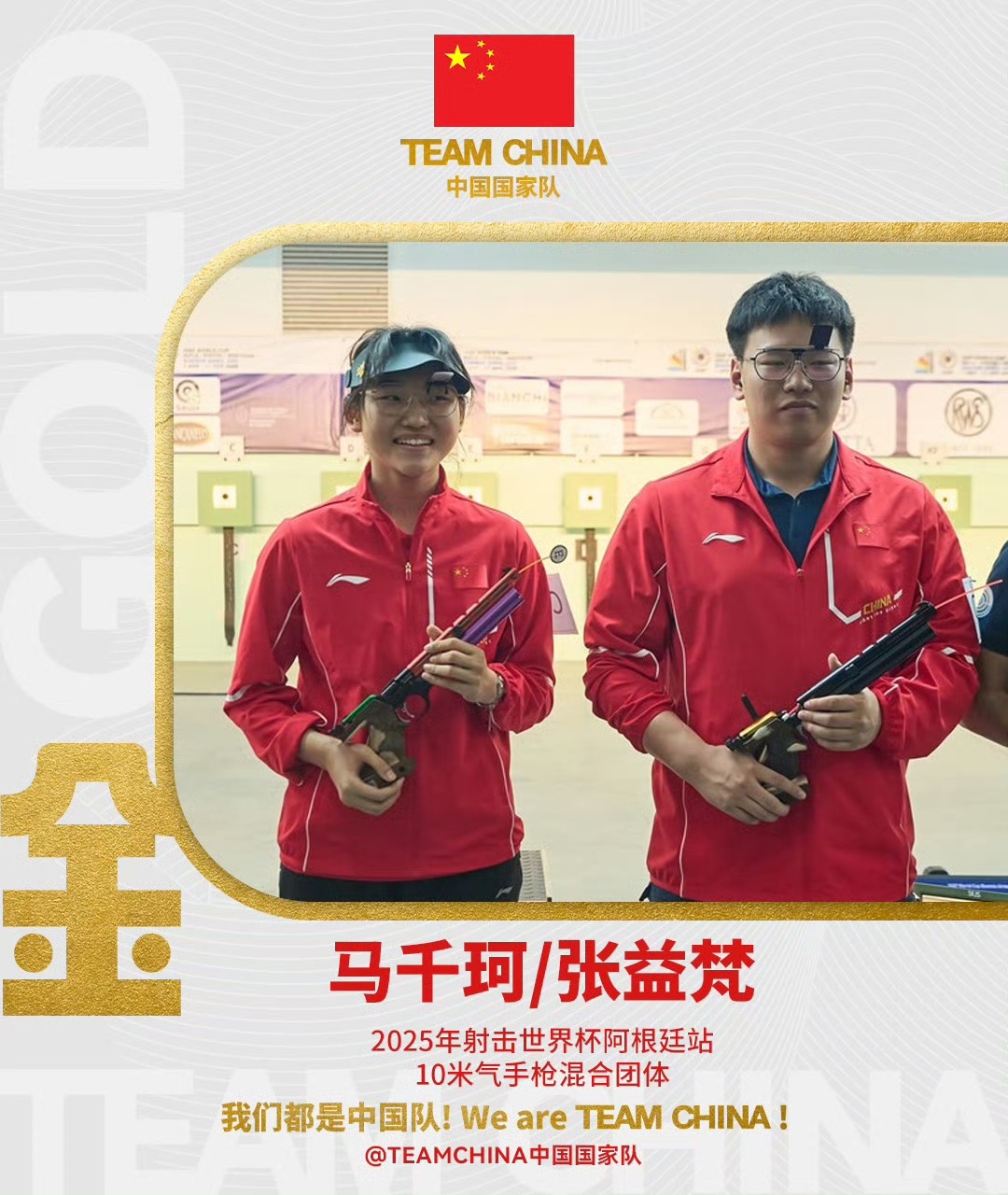 射击世界杯阿根廷站:中国队5金3银3铜收官
射击世界杯阿根廷站:中国队5金3银3铜收官